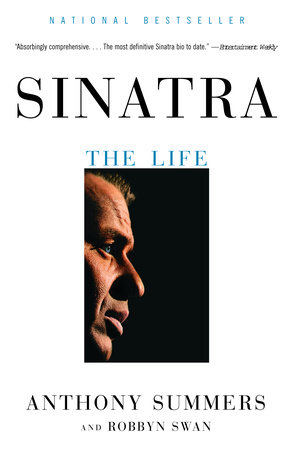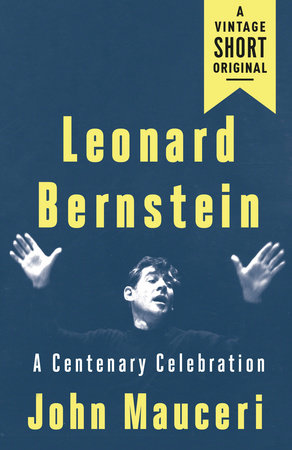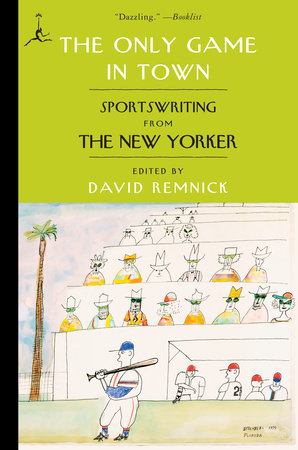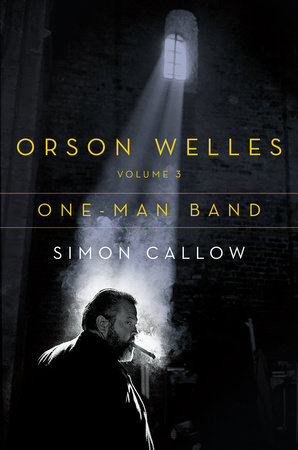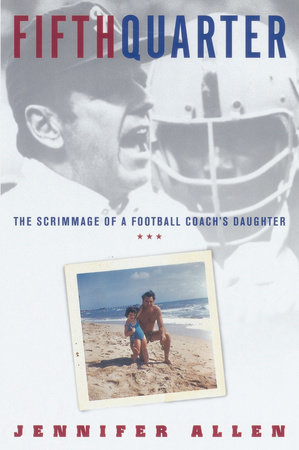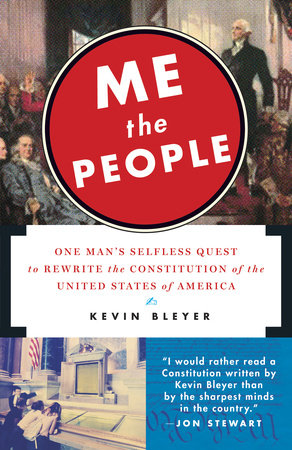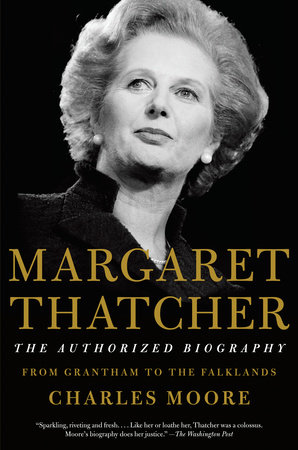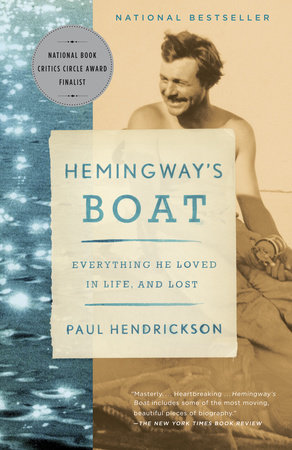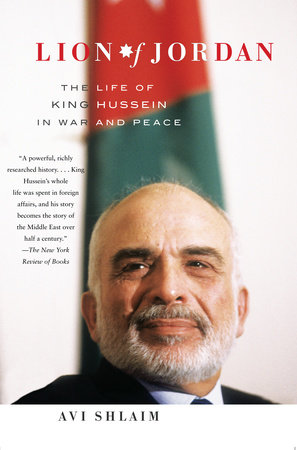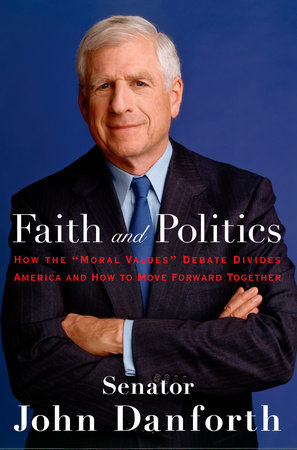A Conversation with
Anthony Summers and Robbyn Swan
authors of
Sinatra: The Life
Q: Sinatra: The Life contains an amazing amount of new information–how did you approach the task of telling the story of Sinatra’s life and in some places of correcting the received wisdom about his life?
A: To begin at the beginning turned out not to be as simple as we imagined. It looked for a while as though we would never find the Sinatra family’s roots in Sicily. The version Sinatra himself offered turned out not to be true, and we located the real village of origin only after chasing down many false leads. It was whim as much as evidence that got us to the solution–a solution that proved more rewarding than we could have dreamed. The information uncovered in Sicily turned out to be the first link in the chain of events that tied Sinatra to the Mafia for life.
Q: What and/or who surprised you most as you were researching Sinatra’s life?
A: He continually surprised us. Anytime you look at just one facet of his character you risk getting a distorted view of the whole. Yes, he was–to his discredit–involved with thieves and murderers, without evident guilt or social conscience. Yes, he was prone to violence and unpardonable arrogance. He had myriad faults, but he was also a sensitive man capable of acts of compassion. The vast majority of those who knew him remember him with admiration and affection. That, probably, was the biggest surprise.
Q: Do you think the passage of time since his death allowed Sinatra’s friends and acquaintances to be more open with you than with previous biographers?
A: Yes. We interviewed several hundred people, including many who spoke out for the first time. Sinatra regarded his private life as forbidden territory, and went to great lengths to keep trespassers out. Biographers have to intrude, by definition, and many people who would not have talked while he was alive did talk with us. Some would have remained silent when he was alive, out of loyalty to a friend. Fear of his wrath, no doubt, also kept some mouths closed. Now that he’s gone, people have opened up. Sinatra’s children, though, did not talk to us–in spite of repeated requests–and we know they persuaded some others not to talk.
Q: Sinatra: The Voice still has legions of fans and entire radio programs devoted to his music–what do you think makes his music so timeless and popular?
A: Bob Dylan came close when he said Sinatra “had the truth of things in his voice.” Some of his stuff was about cool–happy cool in the Rat Pack period we’re forever hearing about. But what got to people, the teenage bobbysoxers he hooked in the forties and the generations that followed, was Sinatra’s ability to communicate yearning and loss. Life and love is about yearning and loss as much as it is about idealized romance, and his own life ran in sad parallel to his art. His public knew it, and that made his work all the more poignant. Other singers offered entertaining performances. So did Sinatra, but he went deeper, offered shared human experience. His audiences also got the quality that came from tirelessly honed musical disciplines, and the skills of the best arrangers of the era.
Q: For the first time in a Sinatra biography, you draw straight lines linking the man to the most important mafiosi of the mid-20th century. Why do you think the FBI allowed Sinatra to remain above the fray of Bureau investigations of the Mafia when the evidence was plain to see?
A: There are things to put right here. First, for years FBI agents were not encouraged to pursue the Mafia–Director J. Edgar Hoover long tried to suggest the Mafia did not really exist. The FBI did build a file of more than a thousand pages on Sinatra, however. It’s available to the public now that he’s dead, and contains valuable information on his links to the Mob. The records of the Bureau of Narcotics are also rewarding–there are detailed agents’ reports on Sinatra’s contacts with the Mafia at the highest level. The first known questioning of Sinatra about organized crime was in the early fifties, by attorneys for the Senate’s Kefauver Committee. Much later, there was a probe by a Jersey state committee and another by the House Committee on Crime. Sinatra invariably gave evasive answers–including many that were lies–and even denied knowing that the Mafia existed. Though in the seventies he came under suspicion in the office of the U.S. Attorney for New York, there was never hard evidence of criminal acts, evidence that could justify bringing charges. His relationships with mafiosi were mutually beneficial, and Sinatra closed his eyes to the obvious fact of their murderous nature.
Q: Sinatra had a lavish lifestyle–do you think that he became a shareholder in the Cal-Neva Lodge casino just as an investment?
A: We can’t say what Sinatra’s intentions were. From all the information available, though, it looks as though his focus was having a resort that was his, identified as his–and, while the Cal-Neva lasted, it was. It seems, though, that Chicago Mafia boss Sam Giancana was key to the operation and likely the real power in the Cal-Neva operation. The mobster’s presence at the Lodge caused Sinatra to lose his Nevada gambling license and–worse for him–brought massive public humiliation. Sinatra rode out the storm, as he almost always did.
Q: Sinatra switched his support to the Republican Party after decades of support for the Democrats–how much did being shunned by President Kennedy and his cohort after all his campaign efforts have to do with this change of heart?
A: Probably not as direct an effect as has been believed. Sinatra continued to back the Democrats after Kennedy’s death, and in 1968 came out for Hubert Humphrey. It hurt him, though, that Humphrey eventually asked him to back off because of new publicity about his dubious associations. Why did he go over to the Republicans, first Reagan in California and later Nixon–both of whom he had earlier said he despised? Perhaps it was simply because Sinatra yearned to be close to power.
Q: The book makes clear that Sinatra had extremely complicated relationships with women. Why do you think he was unable to let go of Ava Gardner until almost the end of both their lives, in spite of how desperately miserable she made him?
A: Can obsessive love ever be explained? Sinatra’s love life was prolific, more so because women were drawn to him like moths to a flame, but few of the relationships were “complicated.” In one central way he was old-fashioned. He was a traditional Italian-American male who thought a man should have a wife and children–license to fool around on the side, to be sure, but with marriage as the anchor. Such was his feeling for Ava Gardner that he broke with that tradition and left his excellent, loyal wife. That made it all the more shattering when the relationship with Ava fell apart. There followed long periods of promiscuity, much use of whores, some meaningful affairs with fine women, a marriage in middle-age with a much younger woman–and a late marriage that lasted. Yet he never lost touch with Ava, and never gave up on her.
Q: The book recounts many parties with a lot of social drinking–do you think Sinatra had a dysfunctional relationship with the bottle too?
A: He called booze his “gasoline,” and jokes about it became part of his persona. In fact it was no joke, though few outsiders understood the extent of Sinatra’s alcohol problem. For long periods, he really did drink a bottle of Jack Daniel’s a day. Add in the cigarettes, and it’s astonishing that he kept up the pace and the brilliant performances for so long. His violent outrages and emotional disasters, though, ran in parallel with heavy drinking. Taken together, specialists in the field told us, the mass of information we gathered indicates that Sinatra was an alcoholic. This is new, a fact that would explain much about the “dark” Sinatra.
Q: How did you find the woman who reveals in your book that she was sexually assaulted by Sinatra? Why did she agree to speak to you after so many years of silence?
A: We came upon her in the best way, by chance, thanks to a conversation with a woman friend in whom–after many years–she had confided. The woman, who is now married with a family, agreed first to talk on the phone, then to meet with one of us. She had kept quiet at the time, she said, in part because she thought no one would believe her, in part out of fear as to what might happen if she complained. Many rape victims do stay silent. This woman described her experience in detail, but asked us to shield her from publicity by obscuring her present identity. She submitted to persistent, critical questioning, and we came away believing her–not least because what she said was consistent with, though more serious than, the accounts of other women. She describes the incident as having occurred at a time Sinatra was going through one of his darkest, most violent periods, and using alcohol to excess. Assuming the woman’s story is true, and we think it is, alcohol almost certainly played a role in the incident.
Q: From the stories you tell, it seems that Sinatra’s personality was split between a deep-seated altruism (illustrated by his commitment to the civil rights movement, distaste for McCarthyism, and generosity to strangers) and intense narcissism and insecurity. How did you reconcile these traits so that the whole man could be revealed in Sinatra: The Life?
A: Your question goes to the heart of the man, and of the book. Our publisher asked us, at the start, to try to explain Sinatra. He was a walking contradiction, a peerless performer, a man of huge generosity, and as you say, a champion of racial equality. Yet he indulged in selfish tantrums, was prone to violence, and cozied up to the worst crooks in America long after it had ceased to be necessary for his career. You can’t square the circle, and few ordinary men or women would have gotten away with his behavior for long. But stars often behave unforgivably badly and yet are tolerated. Sinatra was the star of stars, and that gave him special license.
